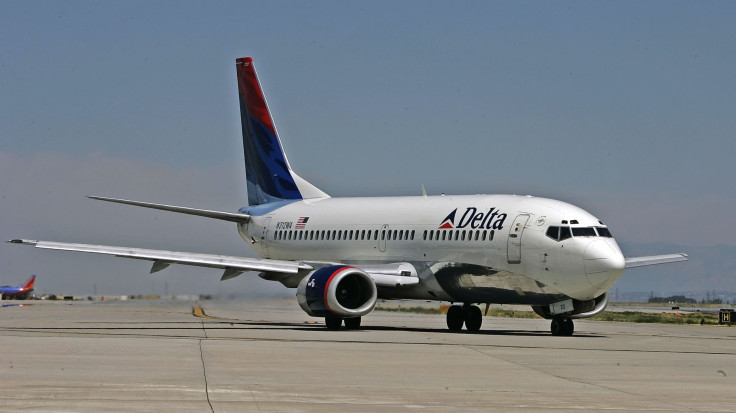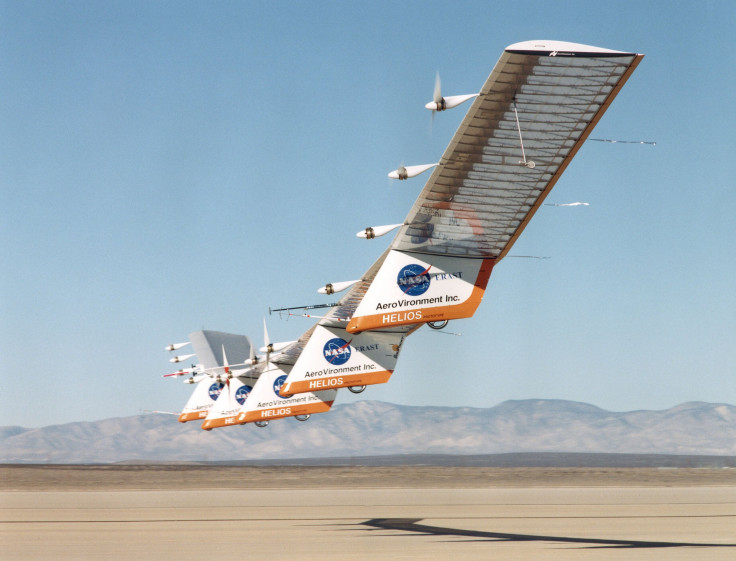230 Delta Passengers Flew With Bomb-Loaded Drone Onboard, AeroVironment Sued

In a lawsuit filed last month and unveiled Thursday, United States defense contractor and drone-maker company AeroVironment was sued by one of the its ex-employees, who claimed he and his colleagues were fired for reporting an incident that violated commercial flight laws.
Former programs chief of AeroVironment Mark Anderson claimed in the wrongful termination lawsuit, filed April 18 with the California Superior Court, an unidentified employee of the company traveled from Salt Lake City to Los Angeles in April 2015 on a Delta Air Lines commercial flight with an explosive-laden drone in a carry-on bag. The flight was carrying 230 passengers at the time.
It was unclear how the employee managed to take bomb-loaded drone past Transportation Security Administration (TSA) agents before getting on the flight. TSA has an extensive list of items that are banned on commercial flights, be in carry-on or check-in luggage. Among the banned items are dynamites, fireworks, flares, hand grenades, plastic explosives and even “realistic replicas of explosives.”
Anderson, who oversaw AeroVironment’s top-secret government programs, said he found out about the incident in May 2015. When he decided to draw the attention of his superiors in the company as well as the Department of Defense (DoD) to the incident, Anderson said he and some of his other colleagues were stripped of their duties and fired without a severance pay. And now Anderson is seeking unspecified damages from the company.

The report about the lawsuit gained public attention after it was published by Aurelius Value, a company committed to probing the dealings of publicly trading companies.
At least 56 senior and executive employees left the companies ever since the cover up of the alleged incident, Aurelius Value discovered after researching the company’s history. According to the report, AeroVironment CEO Wahid Nawabi planned to purge those who “would not ‘play ball’ by participating in a cover-up,” forcing out most of the members of the leadership who would not comply with the policies of the company.
Regarding the lawsuit, a spokesperson for the company provided the following statement:
“AeroVironment believes the complaint contains baseless legal claims that are without merit. The Company will defend itself vigorously once it is served with the complaint, consistent with its ongoing commitment to conducting its business with the highest standards of ethics, safety and integrity.”
According to Gizmodo, AeroVironment has a strict “no snitching” policy which would explain why the company might have taken issue with the fact that Anderson reported the incident to DoD.
A huge chunk of the company’s revenue comes from government contracts – 55 percent of its last year’s income came from working jobs as primary contractor or subcontractor for government agencies, which includes 37 percent from contracts with DoD. Hence, if the allegation brought by Anderson is proved in court, it could potentially disrupt the relation between AeroVironment and U.S. government.
© Copyright IBTimes 2024. All rights reserved.





















